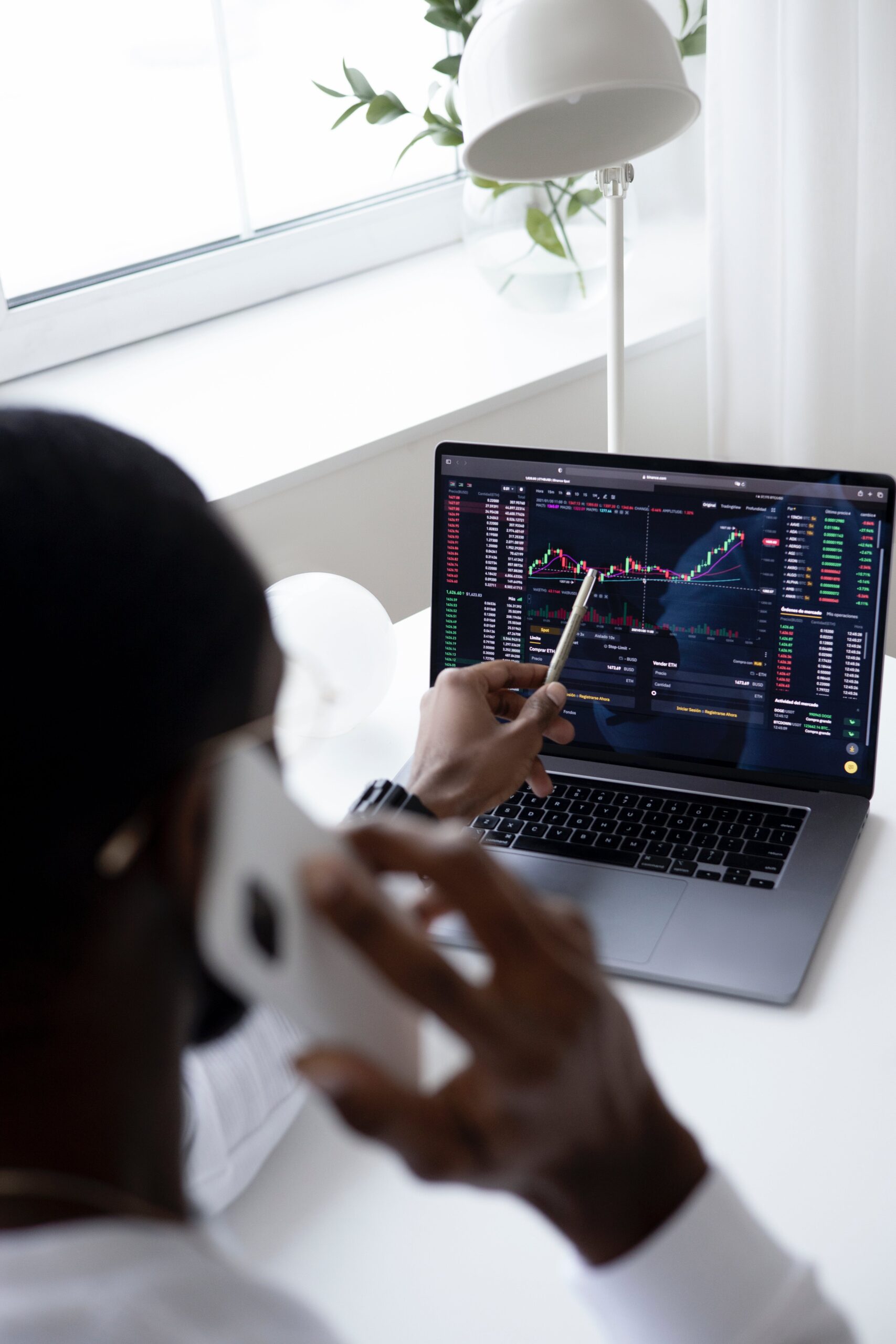Investing in commodities involves allocating assets to raw materials or primary agricultural products that can be traded on various exchanges. This form of investment can diversify a portfolio beyond traditional securities like stocks and bonds. Here’s an in-depth look at how to invest in commodities, the benefits, risks, and considerations involved.
Ways to Invest in Commodities
- Direct Physical Purchase: This involves buying the actual physical commodity, like gold bars or silver coins. It’s more common with precious metals.
- Commodity Futures Contracts: Futures are agreements to buy or sell a specific quantity of a commodity at a predetermined price at a future date. These are traded on commodity exchanges and are the most popular way to invest in commodities like oil, natural gas, or agricultural products.
- Stocks of Commodity Producers: Investing in stocks of companies involved in the extraction, production, or distribution of commodities. For example, buying shares in mining companies for exposure to gold or silver, or in agricultural businesses for exposure to food commodities.
- Commodity Exchange-Traded Funds (ETFs) and Mutual Funds: These funds invest in commodities or futures contracts and are traded like stocks. They offer a more diversified and less capital-intensive way to invest in commodities.
- Commodity Indexes: Investing in a commodity index allows for broader exposure to a basket of commodities. This can be done through index funds or ETFs.
Benefits of Investing in Commodities
- Diversification: Commodities often have a low correlation with stocks and bonds, which can help reduce risk in a diversified portfolio.
- Inflation Hedge: Commodities can serve as a hedge against inflation. When the cost of goods and services rises, the prices of commodities usually rise as well.
- Growth Potential: Commodities can offer significant growth potential, particularly in times of strong global economic growth or supply constraints.
Risks of Commodity Investing
- Market Volatility: Commodity prices can be extremely volatile due to factors like weather, political instability, and changes in supply and demand.
- Complexity of Futures Markets: Investing in futures contracts involves understanding complex concepts like leverage, margin, and contract rollovers, which can be challenging for less experienced investors.
- Impact of Global Events: Commodity prices are influenced by global events and economic conditions, making them unpredictable and potentially risky.
- Storage and Decay: For physical commodities, issues like storage costs and the risk of decay (for agricultural products) are significant concerns.
Strategies for Commodity Investment
- Diversification Within Commodity Investments: Just like with traditional investments, diversifying within your commodity holdings can help manage risk.
- Laddering Futures Contracts: This involves having contracts with various expiration dates to spread out the risk.
- Balancing with Other Assets: Commodities should be a part of a broader investment portfolio that includes stocks, bonds, and other assets.
- Use of Stop-Loss Orders: In volatile commodity markets, using stop-loss orders can help limit potential losses.
Economic Factors Affecting Commodity Prices
- Supply and Demand: The primary driver of commodity prices. For example, an agricultural commodity’s price might increase due to a drought affecting its supply.
- Currency Fluctuations: Changes in currency values can significantly impact commodity prices, especially for commodities traded globally.
- Economic Indicators: Global economic health, including growth rates, inflation, and industrial production, can influence commodity prices.
Ethical and Environmental Considerations
- Some commodities, particularly fossil fuels and certain minerals, have significant environmental and ethical implications. Investors are increasingly considering these factors in their investment decisions.
Tax Implications
- Tax treatment for commodities, especially futures, can be different from that of stocks or bonds. It’s important to understand these implications before investing.
Conclusion
Investing in commodities can offer benefits like portfolio diversification and a hedge against inflation, but it comes with notable risks, including high volatility and market complexity. It requires a good understanding of the commodity markets and the factors that affect them. For most individual investors, indirect forms of commodity investment, such as through ETFs or stocks of commodity companies, provide a more accessible and less risky way to include commodities in their investment portfolios. As with all investment decisions, it’s essential to consider how commodities fit into your overall financial goals, risk tolerance, and investment strategy.
